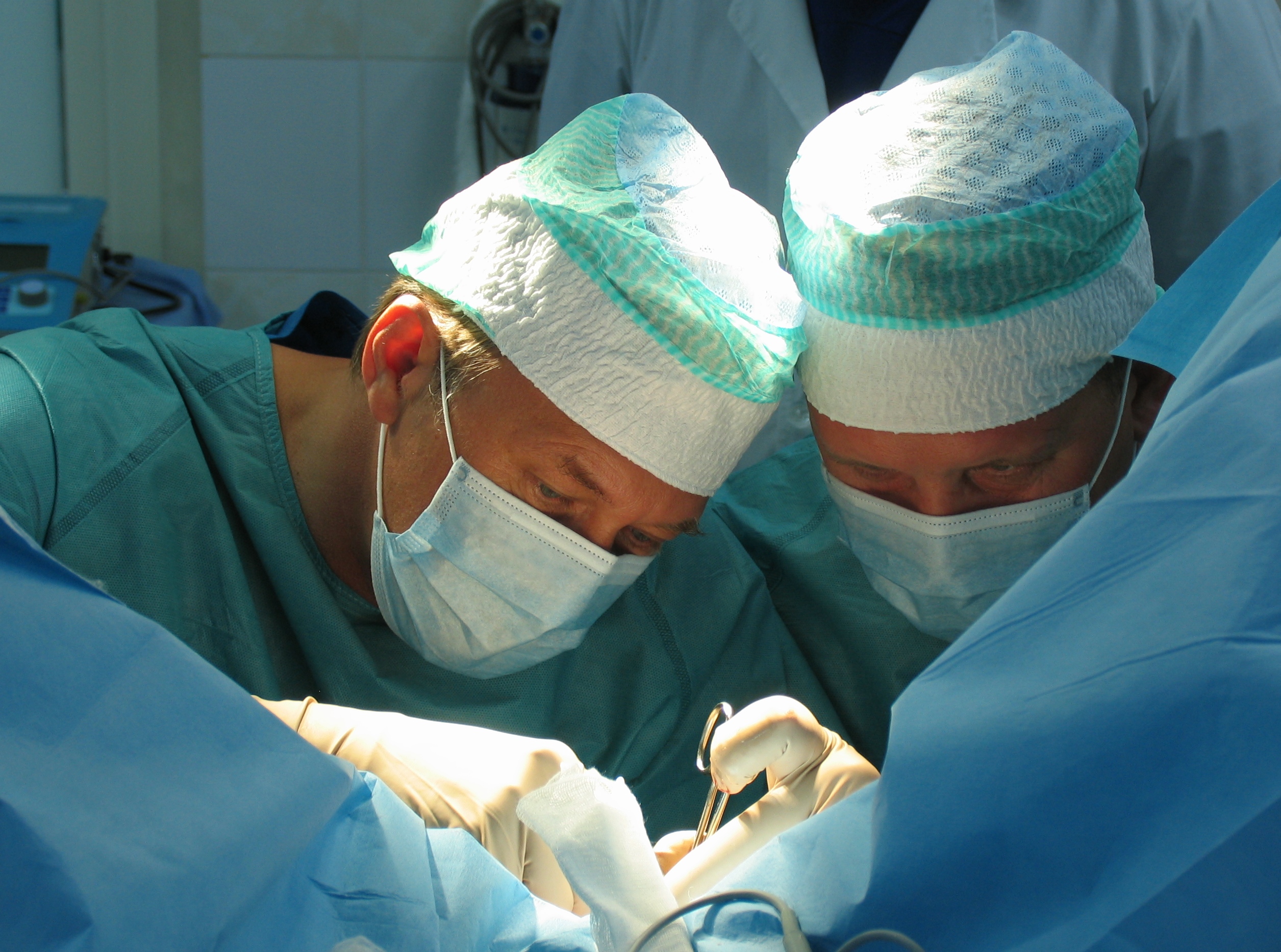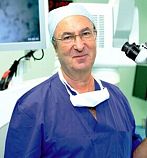Treatment methods

MDI Clinic doctors prescribe medications to control symptoms or reduce the size of the cyst. For example, certain medications may be used to reduce hormone production if the cyst is affecting hormone balance.

In cases of large, actively growing or pressuring neighboring structures, surgical removal may be necessary. This surgery is called transsphenoidal endoscopic resection. During it, surgeons remove the cyst through the patient’s nasal passages, minimizing the risk of damage to surrounding tissues.
This method is rarely used, but radiation therapy may be used if surgical removal is not possible or if there is recurrence after surgery.
Cysts happen:
- retention – occur due to blockage of the ducts that are normally used to release fluid from the gland. They are most often small and do not cause severe symptoms;
- Colloidal – formed due to a buildup of colloidal material inside the pituitary gland. They can be small or reach large sizes;
- cancerous – although rare, the pituitary gland can be affected by cancerous tumors that may have a cystic structure.
Headaches can be the first signal that a cyst is present. Cysts that put pressure on the optical nerves can cause difficulty seeing, including double vision, impaired focusing, and even vision loss.
Diagnosis at MDI Clinic
Magnetic resonance imaging (MRI): This is the key method for diagnosing pituitary cysts. MRI provides detailed images of the pituitary gland and reveals the presence of a cyst, determining its size, structure and exact location.
A brain CT scan may be performed to further visualize the pituitary gland and characterize the cyst. If the cyst affects the patient’s hormonal status, blood tests for hormones such as prolactin, gonadotropic hormones, cortisol, and others are performed.
Liquorology can help assess the pressure, protein and cell content of the cerebrospinal fluid and identify the presence of a cyst. It is especially important if there are vision-related symptoms. An ophthalmologist may perform tests to determine visual disturbances caused by pressure on the optic nerves.
The best doctors in Israel
All doctorsPrice
How we are working
-
StepSubmitting an application

Simply leave a request or contact us at the numbers in the contact tab.
-
StepTalking to a counselor

You will be contacted by our consultant shortly after submitting your application. After the interview and review of the medical history, he will proceed to prepare a treatment program.
-
StepProgram preparation

Our specialists will draw up a personalized program, including a diagnosis and treatment schedule, the names and positions of the doctors, and the cost of treatment.
-
StepTravel arrangements

The coordinator will plan and organize the trip in every detail – from advice on preparing documents, to purchasing tickets, booking accommodation and even organizing excursions.
-
StepTreatment

Our staff will provide patient support throughout the diagnosis, treatment and rehabilitation period.

Форма обратной связи
"*" indicates required fields



























